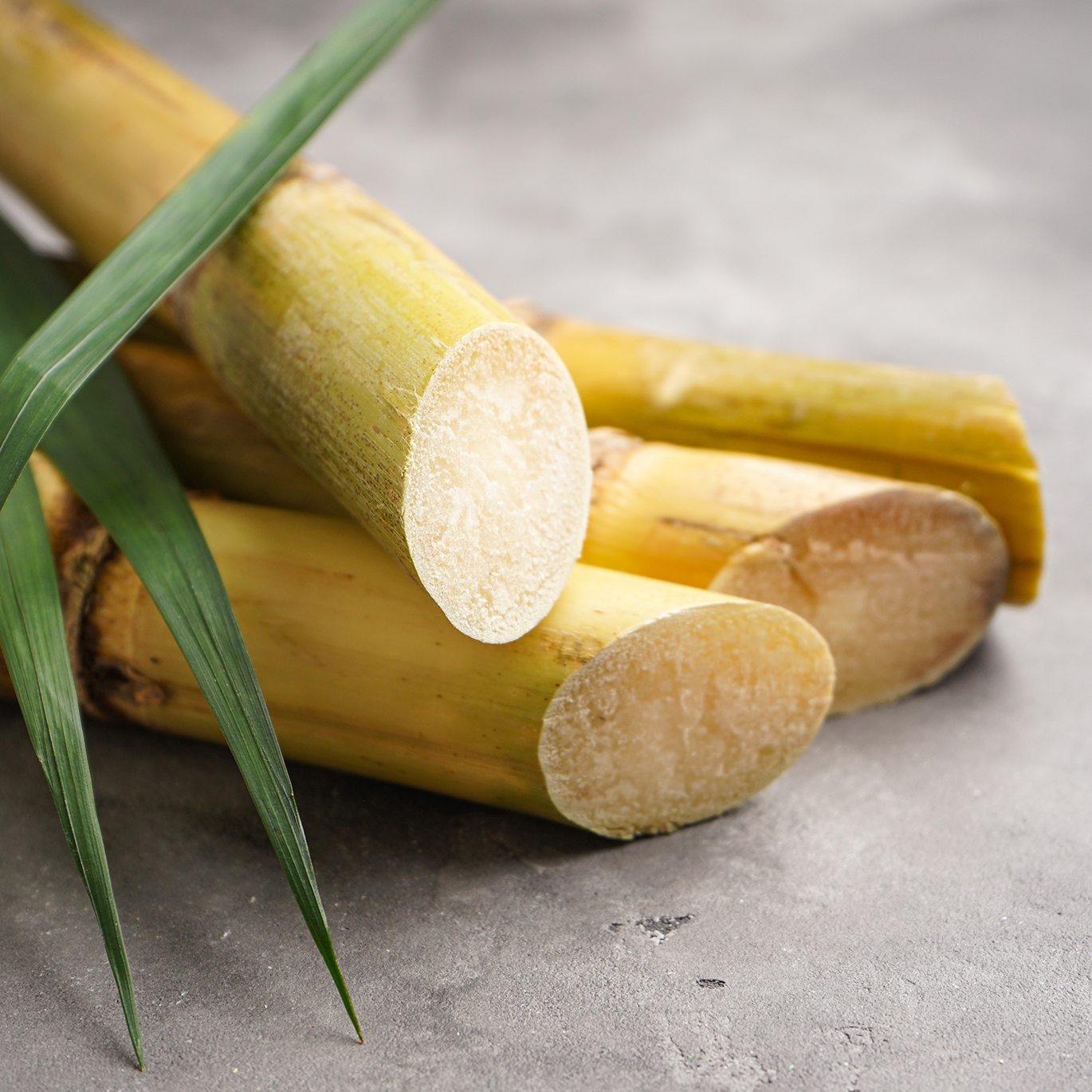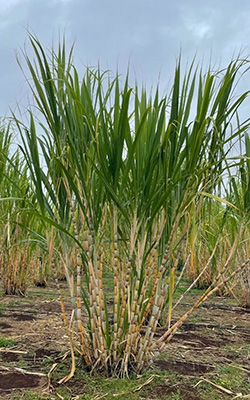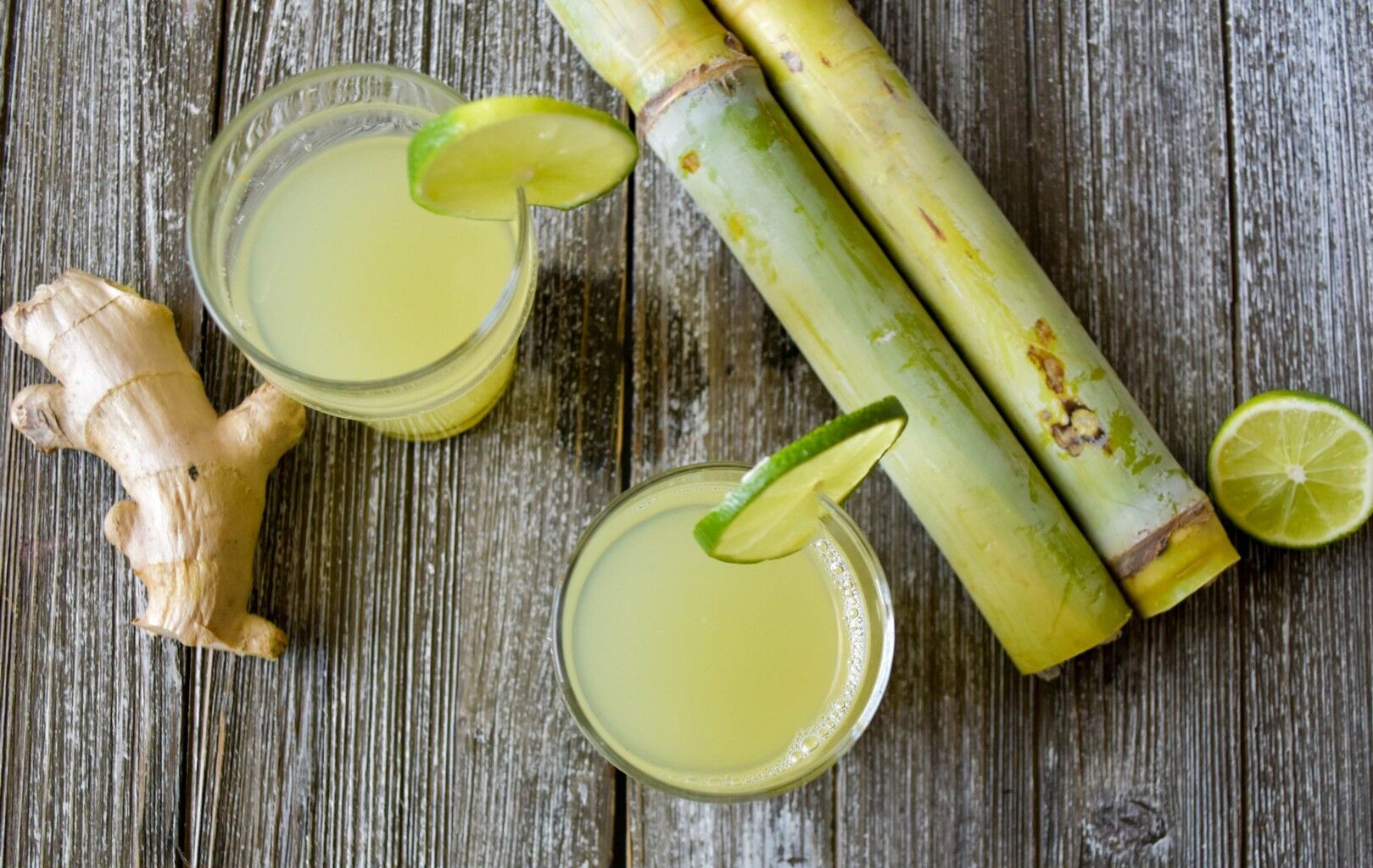Why Sugar and Cane Are Essential Ingredients in Baking and Cooking
Exactly How Walking Cane Sugar Processing Chemicals Improve Sugar Top Quality and Return
The duty of handling chemicals in cane sugar production is crucial, as they directly affect both the quality and yield of the end product. By using substances such as lime and phosphoric acid, makers can effectively get rid of contaminations and improve extraction effectiveness. In addition, the incorporation of turned on carbon and enzymes offers to maximize the failure of complicated sugars, eventually causing a purer and higher-quality sugar. However, the complexities of how these chemicals interact within the handling atmosphere raise questions about their lasting ramifications and potential developments in the industry.
Introduction of Walking Cane Sugar Processing
Cane sugar processing includes a series of vital steps that transform raw sugarcane into refined sugar items. The process begins with harvesting, where fully grown sugarcane stalks are reduced and transferred to processing centers. Upon arrival, the cane undertakes cleaning to remove pollutants such as dirt and plant products.
Adhering to washing, the cane is crushed to remove the juice, which consists of sucrose - sugar and cane. This juice undergoes clarification, where lime and warmth are made use of to eliminate remaining contaminations and non-sugar parts. The made clear juice is then vaporized to focus the sugar content, bring about the formation of thick syrup
Next, the syrup is crystallized via a controlled air conditioning process, leading to sugar crystals. These crystals are divided from the remaining syrup in centrifuges. The raw sugar gotten is normally brown as a result of residual molasses material. To achieve refined sugar, more purification actions are applied, consisting of washing, re-crystallization, and drying out.
The end product is either packaged as raw sugar or further processed into white sugar, catering to various consumer and industrial needs. This extensive collection of actions makes certain the manufacturing of high-quality sugar, important for many applications in food and drink markets.
Trick Processing Chemicals Utilized
The manufacturing of polished walking stick sugar counts on different processing chemicals that play significant duties at various phases. Among the most crucial are lime (calcium hydroxide), phosphoric acid, and sulfur dioxide. Lime is mainly used throughout the information stage to neutralize acidity and precipitate impurities, leading to a more clear juice. This action is vital for enhancing the overall top quality of the drawn out juice.
Phosphoric acid serves a dual objective; it improves the clarification process and aids in the elimination of color-forming compounds, contributing to a higher pureness of the last item. In addition, sulfur dioxide operates as a lightening representative, enabling the reliable elimination of unwanted pigments and enhancing the shade of the sugar.
Other notable chemicals consist of turned on carbon, which is used for additional decolorization, and enzymes that assist in the breakdown of intricate sugars right into simpler forms, therefore improving yield. The cautious choice and application of these processing chemicals are crucial for enhancing the effectiveness of sugar extraction and refining processes, eventually causing an extra regular and greater top quality sugar item.

Effect On Sugar High Quality
How do handling chemicals influence the top quality of polished sugar? The intro of different chemicals in the cane sugar handling stage significantly boosts the pureness and total high quality of the last product. Secret representatives, such as phosphoric acid and calcium hydroxide, facilitate the explanation process, properly removing pollutants and colorants that can negatively influence sugar's look and taste. By neutralizing undesirable elements, these chemicals assist accomplish a greater level of decolorization, causing an extra valuable and aesthetically attractive item.
Moreover, the usage of activated carbon and ion-exchange materials throughout the refining procedure plays a crucial role in eliminating off-flavors and undesirable smells, contributing to the sugar's sensory account. This refinement not only boosts the organoleptic and visual top qualities but likewise enhances the service life by lessening microbial activity connected with impurities.
Furthermore, the exact application of these chemicals ensures that the sugar displays a regular grain dimension and flowability, which are essential features for both industrial applications and consumer choices. In general, the strategic usage over here of processing chemicals is basic in accomplishing top quality polished sugar that satisfies industry requirements and consumer assumptions.

Enhancing Return Performance
Enhancing yield effectiveness in walking cane sugar processing involves enhancing numerous stages of manufacturing to make the most of the amount of sugar extracted from raw walking stick. One critical aspect is the choice and application of ideal processing chemicals, which can help with the breakdown of cell wall surfaces and enhance sugar release during extraction. Chemicals such as enzymes and acids play an essential duty in this procedure by hydrolyzing polysaccharides and liquifying contaminations, thereby improving the overall extraction efficiency.

Routine surveillance and change of handling criteria are vital to keep performance throughout manufacturing (sugar and cane). By using these approaches, sugar producers can not only raise the quantity of sugar gotten but likewise reduce waste and lower manufacturing expenses, contributing to a much more lasting and lucrative sugar handling procedure
Advantages for Manufacturers and Consumers
Cane sugar handling chemicals provide significant benefits for both consumers and manufacturers, developing a much more effective and sustainable industry. For manufacturers, these chemicals boost extraction processes, leading to greater returns and enhanced sugar quality.
For customers, the advantages are similarly compelling. check my blog The better top quality of sugar translates to far better preference and consistency in foodstuff. Additionally, using processing chemicals can result in a more secure supply of straight from the source sugar, mitigating shortages and rate spikes that can happen because of environmental elements or market changes. Additionally, the improvements in manufacturing techniques contribute to sustainability campaigns by decreasing source usage and waste generation, interesting environmentally conscious consumers.
Final Thought

The role of handling chemicals in walking stick sugar production is crucial, as they straight influence both the quality and return of the final item (sugar and cane). The consolidation of activated carbon and enzymes offers to maximize the failure of intricate sugars, eventually leading to a purer and higher-quality sugar.Cane sugar handling entails a series of essential steps that change raw sugarcane into polished sugar products.Enhancing return effectiveness in cane sugar handling involves maximizing different phases of production to optimize the amount of sugar removed from raw cane.Walking cane sugar processing chemicals play an essential duty in enhancing both sugar high quality and return